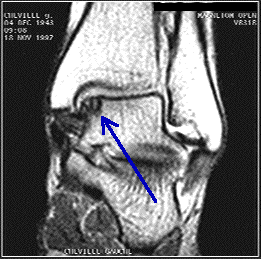Trans Fat
After a 10 year debate, which followed a 1993 Harvard study, the deleterious health effects led to the near elimination of artificial trans fat in the U.S. food supply as of June 2018. The FDA ruled that partially hydrogenated oils are no longer “generally recognized as safe” for use in human food. Most of the population is still unaware of the ban and low socioeconomic populations are the major consumers of trans fats.
The majority of the trans fat in the foods we eat is formed through a manufacturing process that adds hydrogen to vegetable oil, which converts the liquid into a solid fat at room temperature. This process is called hydrogenation. Trans fat also occurs naturally in food products from ruminant animals (e.g., milk, butter, cheese, etc.) and consuming beef, lamb, and deer.
Despite the ruling, manufacturers can still claim “0 grams of trans fat” on the label if the product contained less than 0.5 grams of trans fats per serving. While seemingly minimal, even small amounts of trans fat could add up over the course of a day.
Eating trans fat raises the level of LDL (“bad”) cholesterol in the blood. An elevated LDL cholesterol level in the blood increases your risk of developing heart disease, the leading cause of death in men and women in the U.S. Removing PHOs from processed foods could prevent thousands of heart attacks and deaths each year.
However, a wealth of evidence has linked trans fats with chronic inflammation, increased risk of insulin resistance and type 2 diabetes, and behavioral problems. Globally, trans fat policies will help to reduce socioeconomic inequalities in mortality from coronary heart disease.
Who is exempt? Since the ruling did not cover foods without labels—such as those sold in bakeries, cafeterias, schools, and restaurants/food trucks —many consumers, which are children, can not easily avoid the harmful trans fat-laden foods in these settings.
Foods that can still have trans fats:
1. 3–7% of the total fat in dairy
2. Vegetable Shortening - softer and flakier pastry
3. Margarines and Vegetable Oils
4. Bakery Products - cakes, pastries and doughnuts
5. Fried Fast Foods
6. Some Varieties of Microwavable Popcorn
7. Non-Dairy Coffee Creamers
8. Potato and corn chips
9. Meat pies and sausage rolls
10. Sweet pies
11. Pizza
12. Canned frosting
13. Crackers
To the dairy farmer who berated me snorting & posturing, "Don't tell me what to eat"; I reply, "Don't lie to the public. Give them the information to make their own decisions".
All People are Entitled to Food
There are 5 founding principles.
1. Dignified food security for all, which includes accessible and healthy options.
2. We must be good stewards to the planet & climate.
3. There must be transparency of production, nutrition, and environmental impact.
4. The consumers must be accountable.
5. The producers must be accountable.


Comments